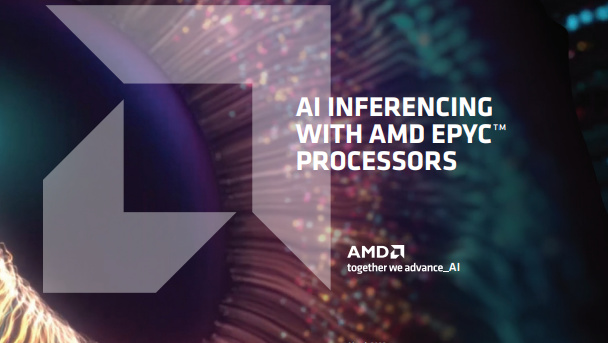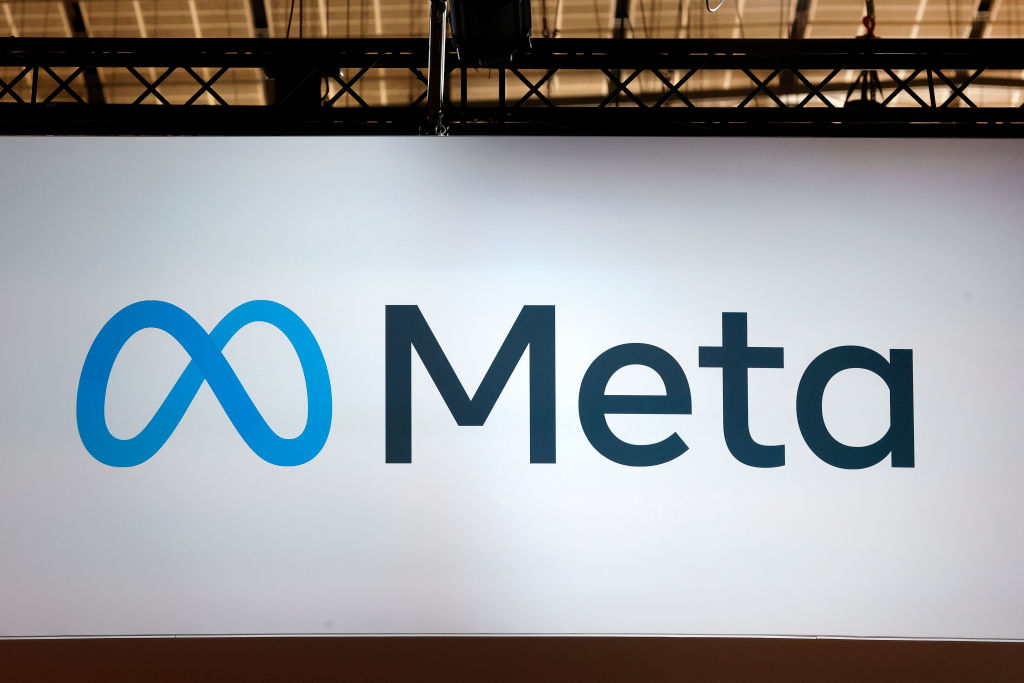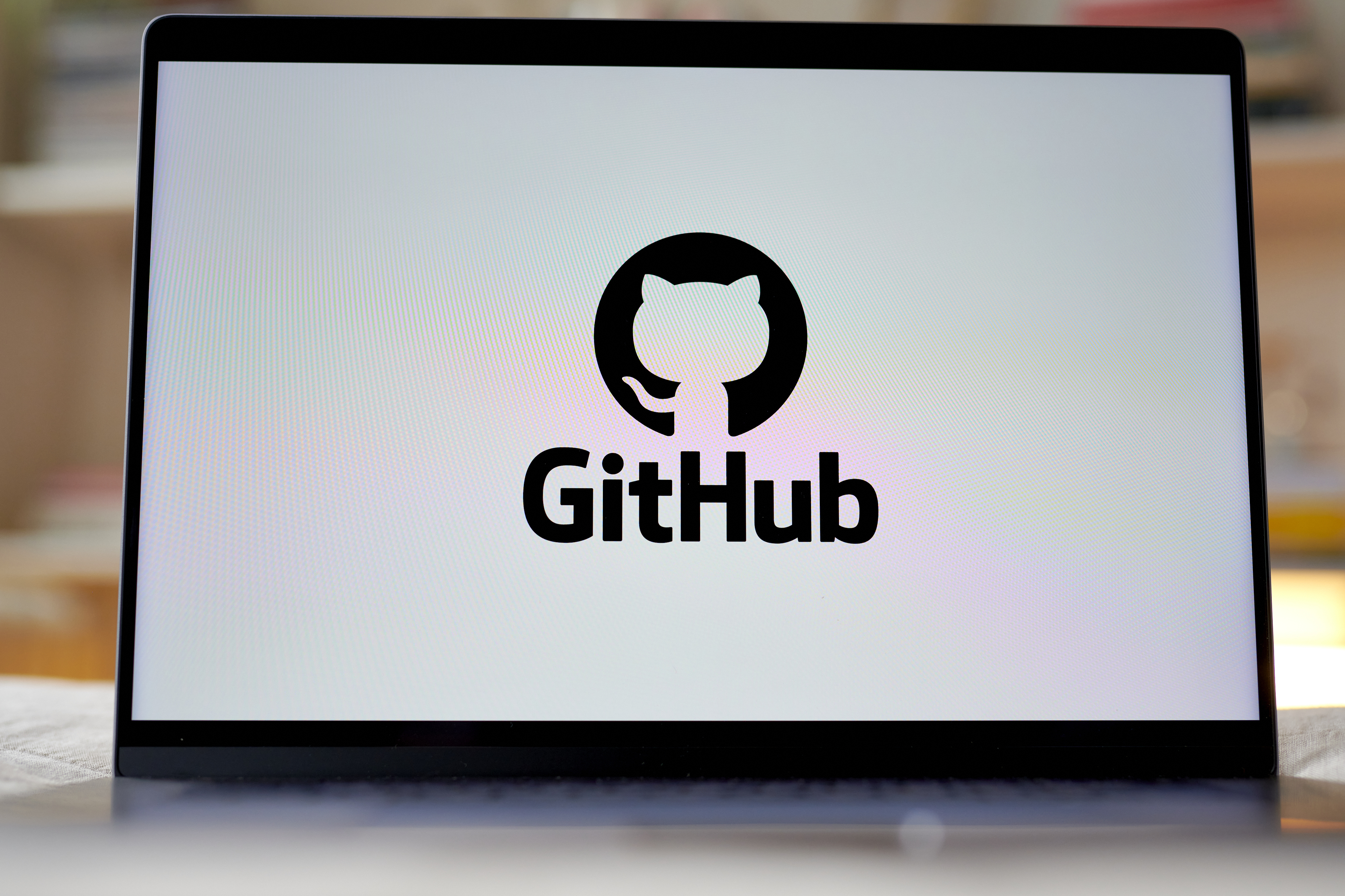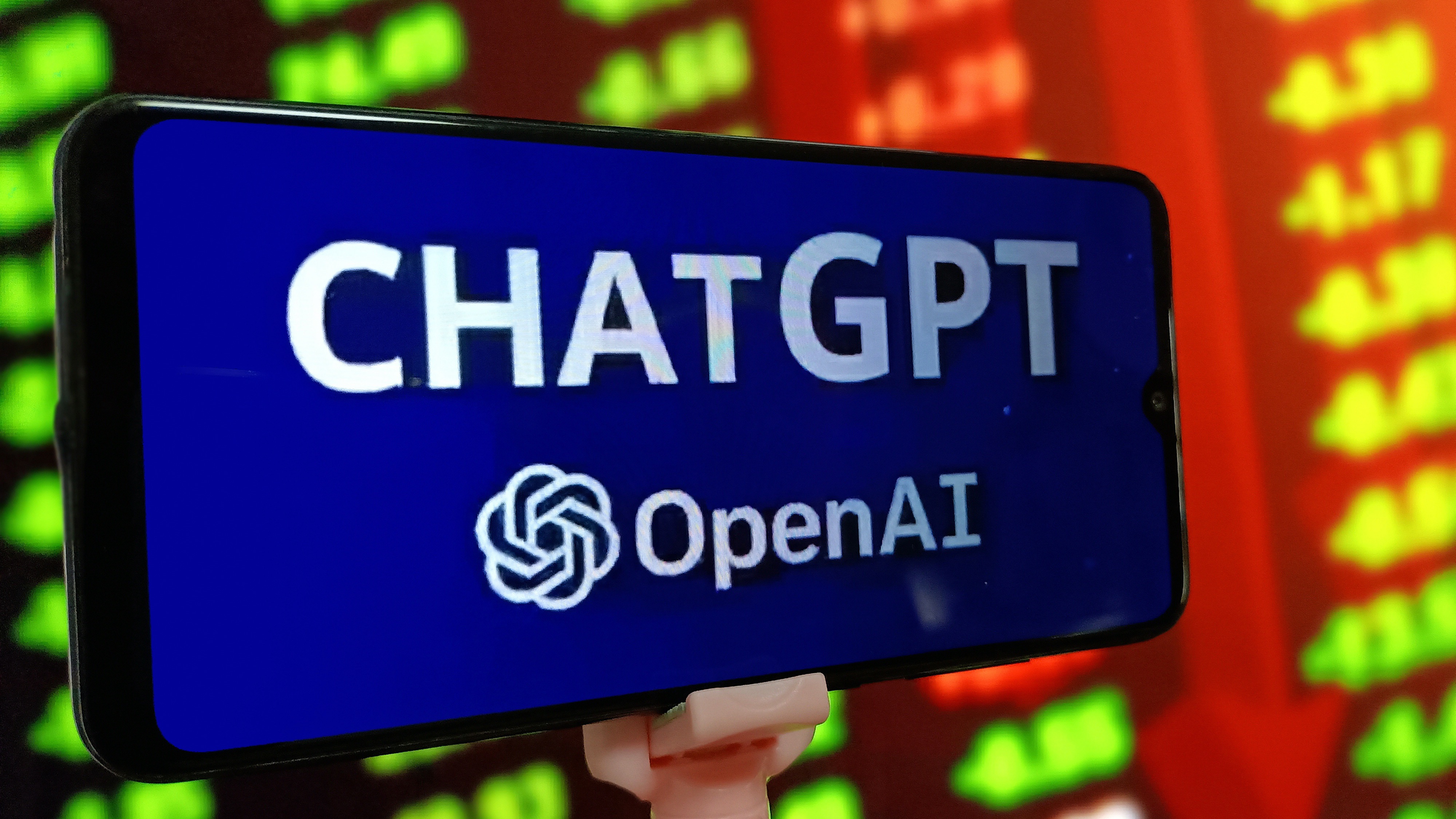GitHub: 30% of Copilot coding suggestions are accepted
Senior developers say the steady increase in Copilot success rates may lead to a shortage of junior coders


Adding AI into the development lifecycle has resulted in a sea change in software development as the percentage of accepted code suggestions creeps upwards.
The research, published by GitHub comes a year after the company’s Copilot coding assistant became generally available. The AI pair programmer is intended to provide coding suggestions in real-time, speeding up the development process.
GitHub Copilot has been activated by more than one million developers and adopted by over 20,000 organizations. It has generated more than three billion accepted lines of the code.
By 2030, the research estimates that global GDP could be boosted by more than $1.5 trillion thanks to productivity improvements driven by generative AI coding assistants. These improvements would represent a productivity gain of 15 million “effective developers.
The report is based on analysis of the coding habits of 934.533 Copilot users with code acceptance rates picked up from telemetry.
How many coding suggestions does Copilot accept?
According to the report, an average of 30% of coding suggestions from Copilot are immediately accepted, although this increases with use. During the first 3 months of use, 28.9% of suggestions were accepted, rising to 32.1% during the next 3 months. The acceptance rate approached 34% in the 6th month.
While still meaning that approximately two thirds of suggestions are rejected, this represents an improvement over the 26% observed at launch, which followed a 12-month technical preview.
Sign up today and you will receive a free copy of our Future Focus 2025 report - the leading guidance on AI, cybersecurity and other IT challenges as per 700+ senior executives
The trend is clear, and indicates developers becoming more comfortable with the suggestions as time goes by. Additionally, coders are better understanding how to use the tool in order to generate meaningful results.
Who is using Copilot?
The report measured the experience of developers by their number of repository actions on GitHub (prior to their use of Copilot.) Developers with less repository activity had a higher acceptance rate (averaging 31.9%) compared to the most experienced, which averaged 26.2%.
RELATED RESOURCE

AI inferencing with AMD EPYC™ processors
Providing an excellent platform for CPU-based AI inferencing
Less experienced developers are therefore deriving the most apparent productivity benefit from AI coding assistants.
GitHub anticipates that in the future, as tools evolve (for example, with the implementation of natural language models), approximately 80% of code will be written with AI. The research describes this as a democratization of software development as people with non-technical backgrounds are able to build applications.
During a discussion at a recent Kubecon, Chris Aniszczyk - CTO of the Cloud Native Computing Foundation - remarked that Copilot will currently “get me probably 80% of the way there” in terms of the basics, but added “it’s not perfect”. He also noted ongoing issues with code attribution.
What does Copilot mean for junior developers?
As the rise of AI pair programming tools continues, the skills of junior developers will need to change. The research compares the technology change to the shift from punch cards through compilers and high-level programming languages.
It also suggests that new business models could arise, making comparisons to the arrival of the steam engine and the Internet, and the higher-order work generated.
Demand for developers continues to be strong, despite waning from the boom seen in recent years and the report insists that this “demand for software and software developers” will only increase with the ongoing wave of digitization.
An alternative interpretation of the trends shown in the research is that productivity increases will come at the expense of junior developers, effectively choking off the pipeline of more senior staff.
GitHub disagrees, and states: “this collision of AI and the software developer will not lead to a decrease in developer jobs - it will lead to AI augmenting developer potential and accelerating human progress.”

Richard Speed is an expert in databases, DevOps and IT regulations and governance. He was previously a Staff Writer for ITPro, CloudPro and ChannelPro, before going freelance. He first joined Future in 2023 having worked as a reporter for The Register. He has also attended numerous domestic and international events, including Microsoft's Build and Ignite conferences and both US and EU KubeCons.
Prior to joining The Register, he spent a number of years working in IT in the pharmaceutical and financial sectors.
-
 2024 was the year where AI finally started returning on investment
2024 was the year where AI finally started returning on investmentOpinion It's taken a while, but enterprises are finally beginning to see the benefits of AI
-
 Google CEO says more than 25% of the company's code is now AI-generated – is this the future of software development?
Google CEO says more than 25% of the company's code is now AI-generated – is this the future of software development?News Google’s AI-generated code focus is a sign of the times in software development
-
 Apple is working on an AI coding tool similar to GitHub Copilot - and it could be a game changer for its generative AI ambitions
Apple is working on an AI coding tool similar to GitHub Copilot - and it could be a game changer for its generative AI ambitionsNews The AI coding tool from Apple will function in a similar way to GitHub Copilot, and would mark a major foray into the generative AI race for the tech giant
-
 Meta’s Code Llama AI coding tool just got a big performance boost
Meta’s Code Llama AI coding tool just got a big performance boostNews New versions of generative AI coding tool arrives, supporting Python, C++, Java, PHP and more
-
 GitHub Copilot Enterprise promises to bring back “the joy of coding”
GitHub Copilot Enterprise promises to bring back “the joy of coding”News The GitHub Copilot Enterprise tier marks the latest AI-powered product roll-out from the firm
-
 The best AI tools for business to try today
The best AI tools for business to try todayIn-depth Explore our curated list of top AI tools for business, showcasing how generative AI is transforming workflows across industries—from design to data analysis—offering accessible, powerful solutions to enhance productivity and creativity.
-
 Meta just released its answer to GitHub Copilot, and it’s free
Meta just released its answer to GitHub Copilot, and it’s freeNews Meta's specialized programming LLM can be run on a single GPU
-
 Apple staff restricted from using ChatGPT, GitHub Copilot
Apple staff restricted from using ChatGPT, GitHub CopilotNews The ban follows lingering concerns that employees using ChatGPT might leak company information

